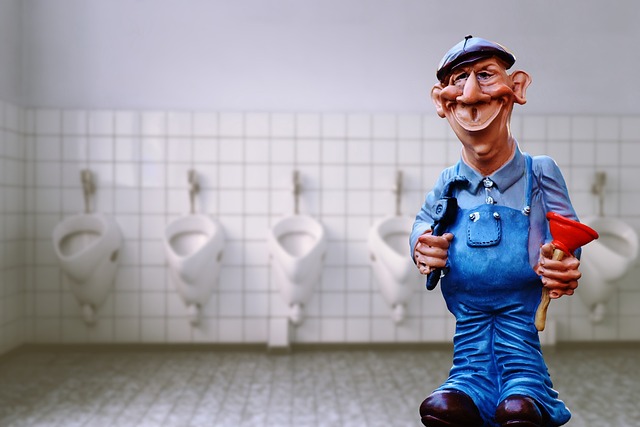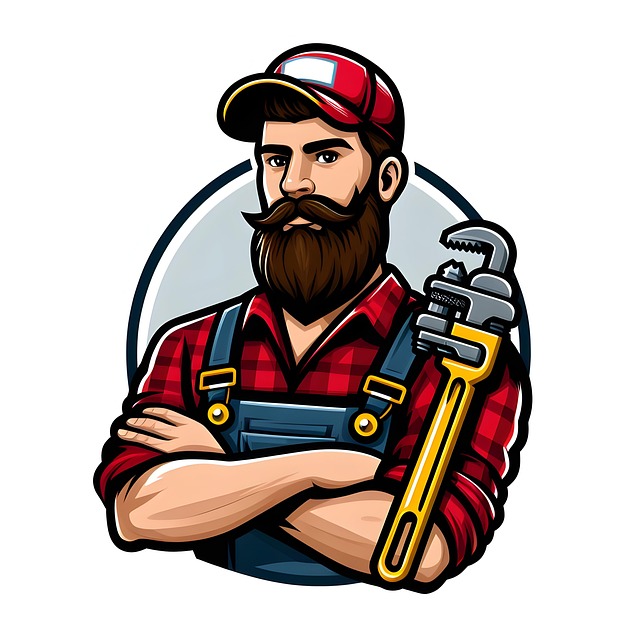Homeowners can extend plumbing lifespan and avoid costly repairs through basic monthly maintenance, such as inspections, leak checks, and insulation. Ignoring minor issues like clogged drains or leaky faucets risks structural damage and water waste. Knowing when to call a plumber is crucial for preventing water damage and repairs. Persistent leaks, unusual pressure changes, lack of hot water, or blocked drains signal professional intervention needed.
“Homeowners, it’s time to take control of your plumbing! This comprehensive guide is your go-to resource for mastering plumbing care. Learn essential maintenance routines and discover how to identify common issues early on. We’ll walk you through preventive techniques to keep your pipes in top shape.
Moreover, understand when it’s time to call a plumber and recognize the signs of major problems. With these insights, you’ll be equipped to navigate plumbing challenges with ease, saving you from costly repairs.”
- Understanding Basic Plumbing Maintenance Routines
- Identifying Common Plumbing Issues and Prevention Techniques
- When to Call a Plumber: Signs of Major Problems
Understanding Basic Plumbing Maintenance Routines

Understanding basic plumbing maintenance routines is essential for homeowners looking to avoid costly repairs and maintain a reliable system. A plumber recommends starting with regular inspections, ideally monthly, to identify any potential issues early on. This involves checking for leaks around fixtures and appliances, inspecting pipes for corrosion or damage, and ensuring water pressure remains consistent.
Simple tasks like tightening loose fittings, replacing worn-out washers, and cleaning drain traps can go a long way in preventing clogs and maintaining the overall health of your plumbing system. Additionally, understanding how to turn off the main water supply during emergencies or when conducting maintenance can prevent widespread flooding and potential damage to your property.
Identifying Common Plumbing Issues and Prevention Techniques

Many homeowners often overlook minor plumbing issues, which can lead to bigger problems down the line. Common plumbing concerns include clogged drains, leaky faucets, and persistent toilet runs. Regular maintenance and quick action when signs appear are key to preventing these issues. For instance, using drain catchers and regularly clearing them can stop hair and grease buildup.
A proactive approach includes checking for leaks around fixtures and pipes at least once a year. Addressing small drips promptly prevents significant water waste and structural damage. Additionally, insulating pipes in colder climates and keeping an eye on water pressure levels are simple yet effective preventive measures that every homeowner should adopt, potentially saving them from costly repairs and the need to call a plumber.
When to Call a Plumber: Signs of Major Problems

If you’re facing plumbing issues, knowing when to call a plumber is crucial for maintaining a smooth home environment. While minor problems can sometimes be addressed with DIY solutions or simple maintenance checks, there are clear signs indicating it’s time to bring in professional help. Look out for persistent leaks, which could lead to water damage and increased utility bills. Sudden changes in water pressure, either too high or too low, warrant attention as they might suggest faulty pipes or valve issues.
Another major red flag is an absence of hot water, especially if it’s a consistent problem. This could be due to a malfunctioning water heater or issues with the heating system. Blocked drains or toilets that refuse to flush are also emergencies waiting to happen. These signs not only indicate potential damage but also highlight the need for expert intervention to prevent further complications and costly repairs. Remember, a plumber is your go-to solution when dealing with such significant plumbing problems.
Regular plumbing care is essential for any homeowner to prevent costly repairs. By understanding basic maintenance routines, identifying common issues early, and knowing when to call a plumber, you can ensure your home’s plumbing system remains efficient and reliable. Remember, proactive measures are key; schedule regular check-ups and address any red flags promptly. Don’t wait until major problems arise—a well-maintained plumbing system is the cornerstone of any comfortable living space. Consider these tips as your guide to keeping your home’s plumbing in top shape, and when needed, reach out to a qualified plumber for expert assistance.
